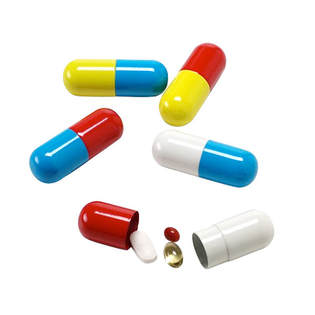|
Anti-inflammatory drugs such as aspirin, NSAIDS and steroids block normal prostaglandin function. What does this mean? Well...
Prostaglandins are hormone-like “messengers” that cells use to communicate with other cells. One function of prostaglandins is to control inflammatory function. There are three types: PG1 & PG3 (anti-inflammatory) and PG2 (pro-inflammatory). All three types are needed by the body. NSAIDS and steroids block normal prostaglandin functions by inhibiting the conjugation of Essential Fatty Acids into PG2, which in turn suppresses pain and inflammation. Unfortunately they also stop the production of PG1 and PG3 by competing with receptor sites in our bodies' prostaglandin pathways. The body needs to inflame to heal before it anti-inflames. Blocking this function delays and prevents healing and is ultimately extremely detrimental to natural healing processes. So while you may be inclined to pop a pill for your headache, keep in mind the pills aren't targeted and affect the body as a whole. When prostaglandins get turned off by NSAIDs, other critical body functions also get turned off. In addition to inflammation, prostaglandins also play a role in hormone regulation, cell growth, stomach acid secretion, and fluid retention among others...NSAIDs alter every single one of these functions. Eek! So what can you pop for those aches and pains then? A high quality fish oil supplement. Omega 3 fatty acids open PG1 & PG3 pathways (anti-inflammatory) and inhibit PG2 (pro-inflammatory).
0 Comments
Leave a Reply. |
JENNIFER SWEENIE, NTP
Nutritional Therapy Practitioner & Chef www.heartandbelly.com Categories
All
Archives
March 2019
|


